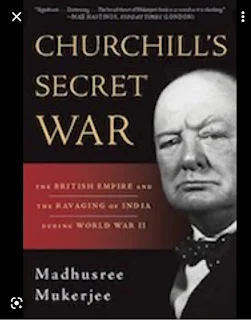Director: ChimbudevenThis film drew little attention as a movie. Although the build-up initially seemed promising, it could have been more exciting.
It is said to be based on Ernest Hemingway's 'The Old Man and the Sea', his Nobel Prize and Pulitzer-winning novel, and 'Ten Angry Men', a play written by Reginald Rose, which was later made into an Academy Award-winning movie.
The storyline follows 'The Old Man and the Sea' because much of it occurs within the confines of a boat. Just as in 'Twelve Angry Men', the occupants of the boat (ten of them) have to make the dreaded decision of who two of them should be sacrificed so that the boat does not capsize.
Set in 1943 to coincide with the time Japanese fighter plans bombed areas around Madras, it tells a political story about India, its independence, British colonial rule, divisions among fellow Indians and many more.
As they see planes flying over the Madras skies and upon hearing rumours of imminent Japanese bombing, Kumaran, a fisherman who owns the boat, dashes to the sea with his grandmother. Seven others followed them and got on to the boat - a Brahmin man with his daughter, a writer from the Kerala border who actually is a Muslim and probably a communist and a Jinnah sympathiser, a pregnant Telegu lady with her son, a Tamil librarian who is actually an INA operative and Rajasthani moneylender.
Along the way, they pick up a soldier from a destroyed British patrol boat.
As they hover away from the coast to escape police, they discover that the boat is overloaded and has a leak. The boatman, Kumaran, an expert here, calls the shots. He suggests that two people have to be offloaded to make it back safely. Who amongst the ten should be thrown off the boat?
The real essence of the film starts after this. The British soldier, with a gun, is cocksure that he cannot be the one to be offloaded. He has to carry the white man's burden to civilise the natives. They have a secret voting. Unanimously, Kumaran and his grandmother, being lower on the caste system, being of the marginal caste, should be disposed of. It is immaterial that they are the experts on getting them to shore.
The discussion goes on to Brahminical supremacy, the North-South divide, Partition, Gandhism and Bose's INA and even the subdivision of Brahmins between Iyers and Iyengars. Much philosophy is also discussed about allowing all life forms to live. Interspersed in the background through a rickety radio are the philosophical songs belted out by the maestro of the yesteryears, Thiagarajah Bhaghvatar. His song questions human values and things about freedom. Symbolically, the British can be seen instigating the rest to fight against each other. Outside danger lurks in the form of a shark circling the boat.
I found this movie quite entertaining despite giving the feel more of a play instead of a feature film.
 |
| A playful photograph is inserted into this film. Shown photographed with Subash Chandra Bose (front) are L-R: Rajan (Sivaji in 1946 Andha Naal; Senupathy (Kamalhasan in Indian 1 & 2 ,1996 & 2024); Muthaya (MS Bhaskar in this movie) All three of INA conspired with the Japanese to bomb Madras. |












